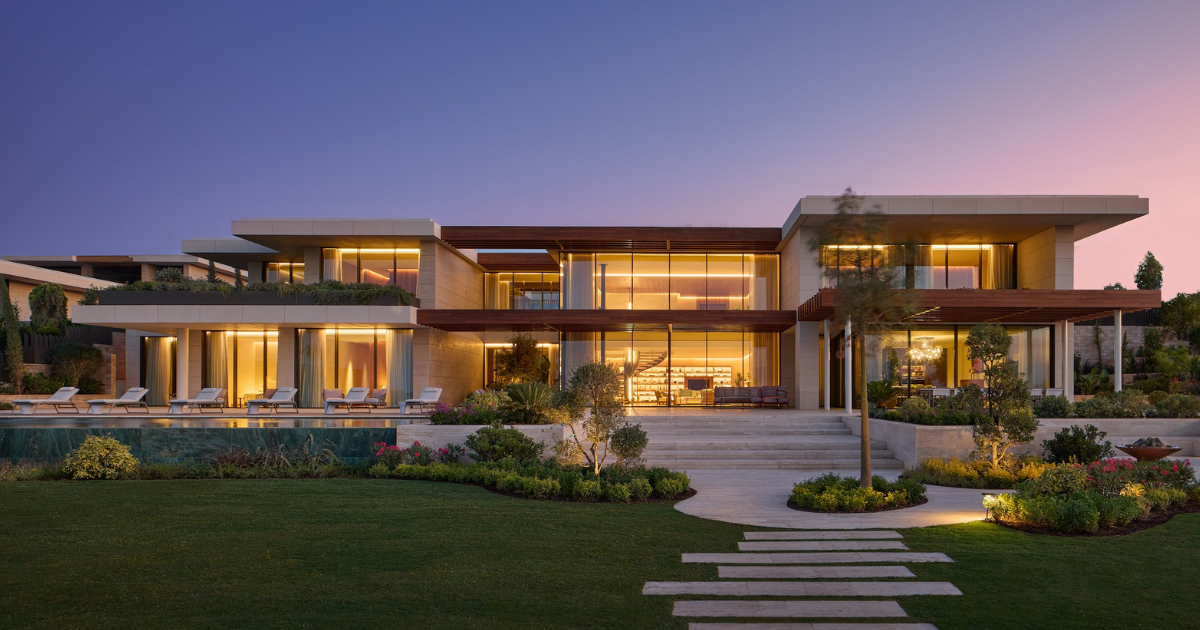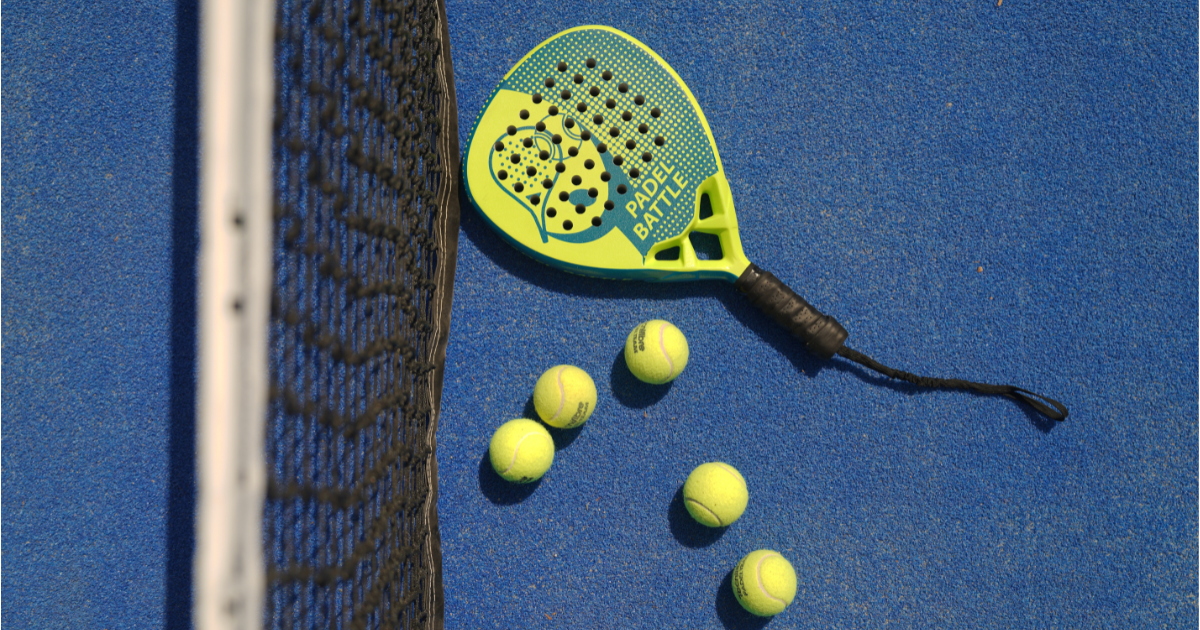Dolce Far Niente: The Italian philosophy of happiness
The art of doing nothing

The famous phrase Dolce far niente, which translates from Italian as “the sweetness of doing nothing,” is a true philosophy of life deeply rooted in Italian culture. It celebrates savoring the moment, finding happiness in life’s simple, everyday pleasures, and artfully balancing activity with moments of complete stillness.
This concept teaches that serene idleness, stepping away from the constant pursuit of productivity, and embracing mindfulness is not laziness, it is a way to reconnect with oneself and the surrounding world. Dolce Far Niente is about the art of enjoying the little things: the taste of fresh coffee, a warm conversation with a friend, or the soft touch of sunlight on your skin.

Photо: Pexels
The core principles of the philosophy
Simplicity and authenticity: The beauty of life is revealed in small things, such as coziness, unhurried moments, and the ability to seize each moment.
Here and now: It’s the ability to quiet the anxious stream of thoughts about the past or future and completely immerse oneself in the present moment.
Harmony with oneself and nature: Happiness comes not from external achievements but from within when you’re in harmony with yourself and the world around you.
Rest as an art form: It’s not “doing nothing” in the typical sense but an active form of restoration through walks, reading, reflection, or quiet contemplation.

Photо: Pexels
Why is this important today?
In a world where speed and efficiency have become the ultimate goals, Dolce Far Niente reminds us that true value lies not just in reaching a destination but in enjoying the journey itself.
The ability to “do nothing” with pleasure helps combat burnout, recharge, and find inspiration. Italians have turned this approach into a philosophy that defines their unique outlook on life.
It’s not just rest – it’s a state of mind accessible to anyone willing to pause, breathe deeply, and savor the sweetness of the present moment.


